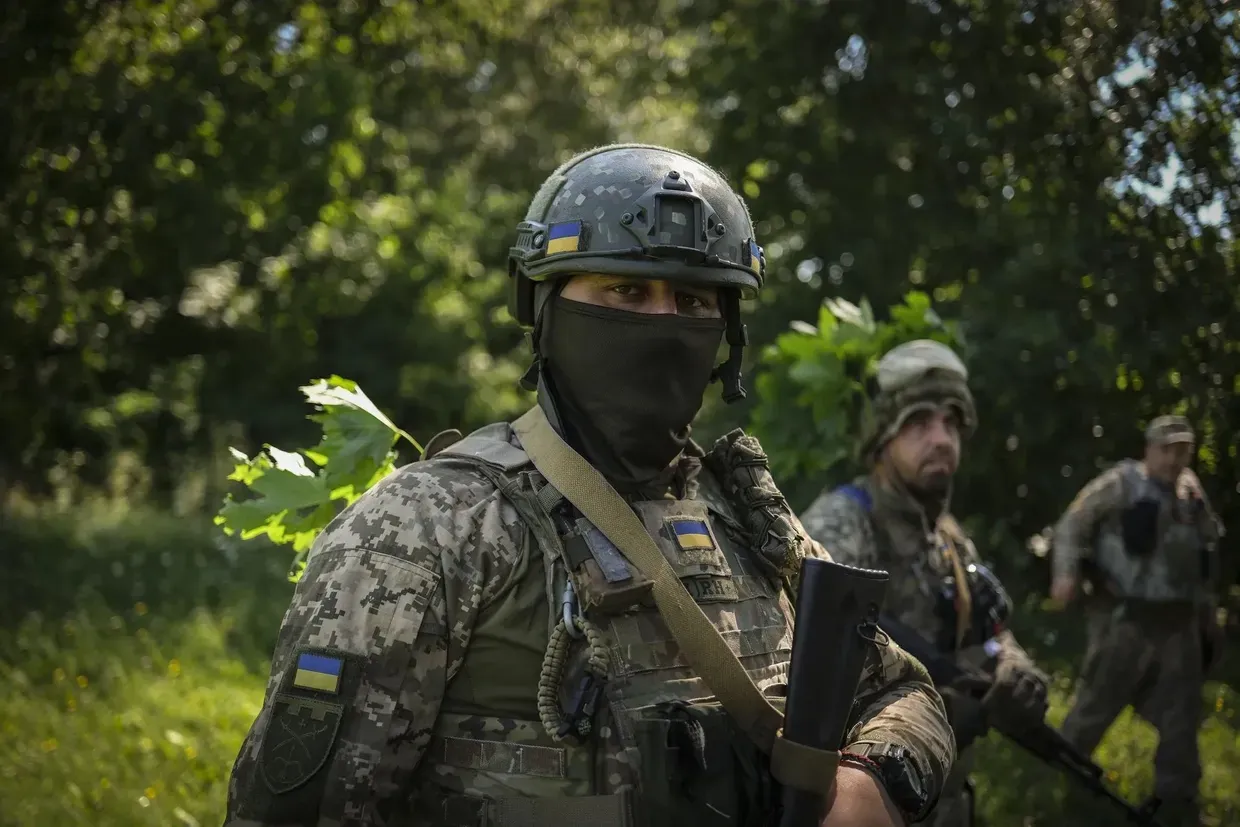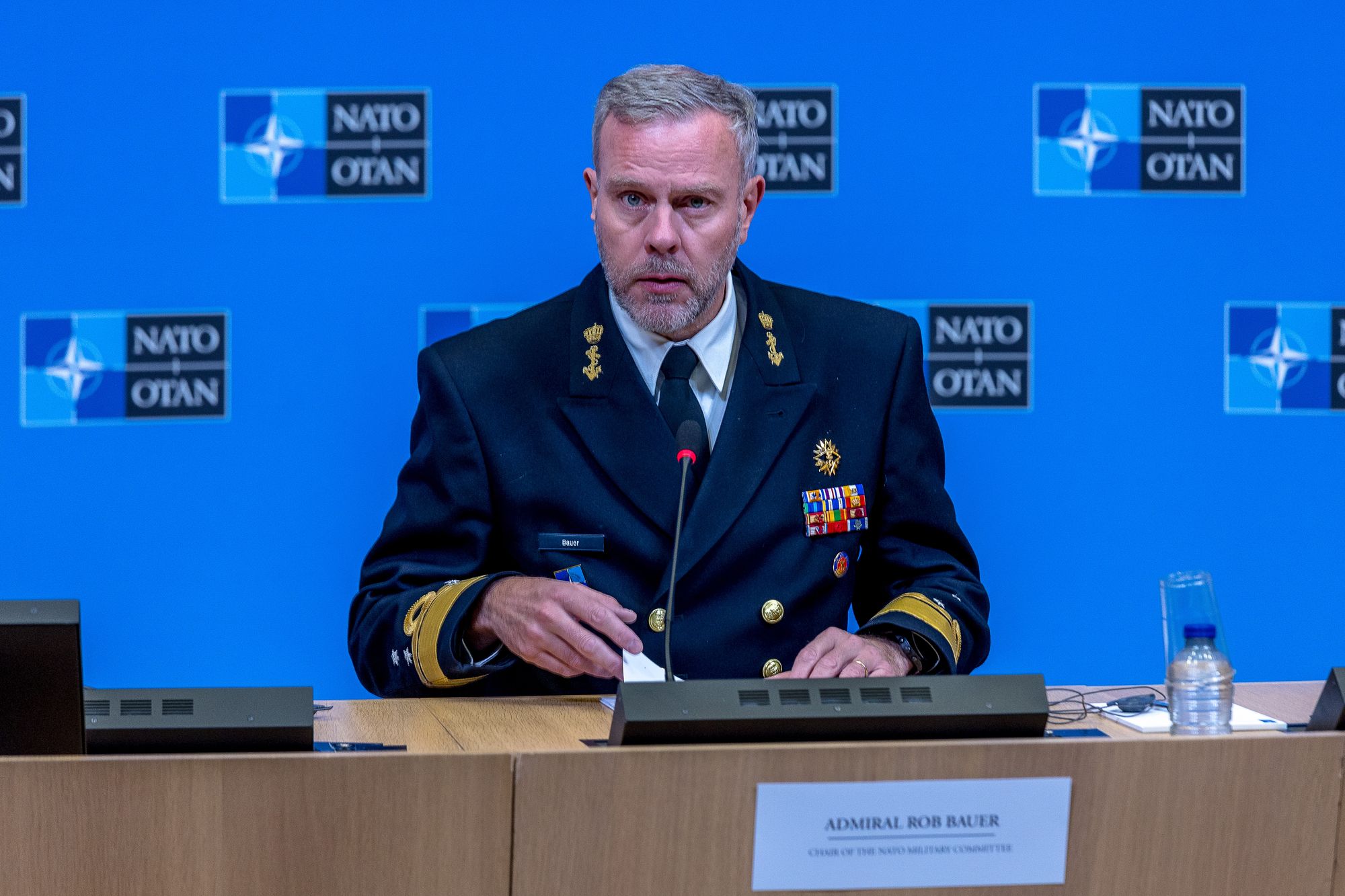Polish foreign minister: Berlin within range of Russian missiles

Europe has not taken the threat from Russia seriously enough, Polish Foreign Minister Radoslaw Sikorski said in an interview with the German newspaper Frankfurter Allgemeine Zeitung on Jan. 30. He emphasized that Berlin is within range of Russian missiles stationed in the Russian exclave of Kaliningrad.
Sikorski's comments were the latest in a series of warnings from Western officials about the danger of a potential war with Russia.
NATO militaries have strengthened their capacity and preparedness since the beginning of Russia's full-scale invasion of Ukraine. While the prospect of the war escalating to an all-out clash between the alliance and Russia has so far been averted, there are concerns that the West has not truly accepted that it may still be a possibility.
Lieutenant General Alexander Sollfrank, a commander of NATO's military logistics center in Germany, said earlier in January that NATO should be prepared for the possibility of Russian missile strikes in Europe in the event of an all-out war. He warned that Germany would likely be one of the potential targets.
When asked if Poland is in danger, Sikorski said, "(Russian President Vladimir) Putin threatened Poland, Latvia and Finland. When he threatens a country, he is serious. Too often we have not taken him seriously."
"And the nuclear weapons near Kaliningrad, the Iskander missiles, could reach Berlin. I'm always surprised that this isn't an issue in Germany," he added.
Sikorski stressed that the combined economic might of the West is 20 times stronger than Russia, but Russia nonetheless has the upper hand in the production of ammunition.
"We must mobilize our forces," he said.
"If the Americans withheld their aid, we would have a serious dilemma: either replace America, that is, double our efforts, or let Putin conquer Ukraine," Sikorski added.
As aid from the U.S. has become mired in domestic political disputes largely unrelated to Ukraine, there is concern that the continuation of U.S. support at the level of 2022 and 2023 is no longer a given.
U.S. President Joe Biden said in December 2023 that the U.S. will continue to support Ukraine for "as long as we can," a rhetorical shift from his common refrain that the U.S. is committed for "as long as it takes."
Former President Donald Trump, the frontrunner in the Republican primary and likely presidential nominee, has declined to commit to the U.S.'s long-term support for Ukraine if elected.
Instead, he said his primary goal would be to secure a peace treaty within 24 hours. Trump has not disclosed the potential parameters of such a deal, but it would likely be on terms unfavorable to Ukraine.
President Volodymyr Zelensky and other Ukrainian leaders have acknowledged that Europe likely not be able to support Ukraine financially and militarily if the U.S. were to reduce its aid significantly.
There is no "plan B" if U.S. aid ends, Foreign Minister Dmytro Kuleba said earlier in January.















